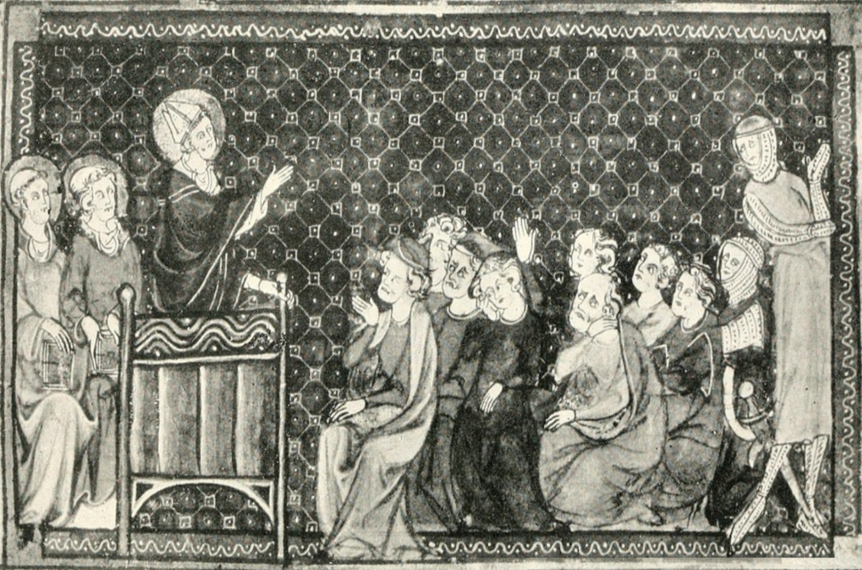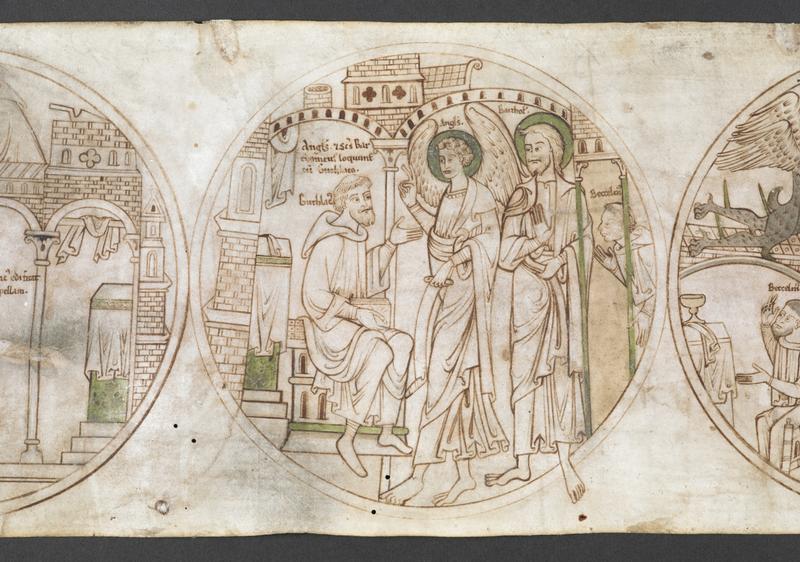6-7 November 2025
Nederlands Interuniversitair Kunsthistorisch Instituut (NIKI), Florence, Italy (In Person and Online)
How can art historians explore, understand, or even ‘feel’ the material evidence of the past? How can we approach the problem of historical distance, of our anachronistic nostalgia and our intellectual desire for pre-modern periods and artefacts? Can we inhabit the time of past artworks, or do artworks constantly re-construct their own times? And what role do contemporary concerns play in our interpretations of the ancient, medieval, and early modern periods?
Numerous recent publications have explored the study of the past through different lenses. They have complicated the idea of ‘historical contexts’ by showing the ability of artworks to simultaneously refer to various time periods. They have also encouraged cross-temporal and sometimes ahistorical interpretations of premodern artefacts in the light of modern theories and concerns. This conference will bridge the ‘historicist’ and ‘anachronist’ camp in an attempt to theorise the thorny issue of time which sits at the core of both history and art history.
The conference is organised in celebration of the scholarship of Prof. Gervase Rosser and in honour of his retirement from the University of Oxford. One aspect of Rosser’s career that we particularly want to celebrate is his prominence as both historian and art historian, and his inspirational interrogation of both disciplines.
Speakers include: Armin Bergmeier (University of Leipzig); Saida Bondini (Kunsthistorisches Institut in Florenz); Donal Cooper (University of Cambridge); Heiko Droste (Stockholm University); Jas Elsner (University of Oxford); Michael Ann Holly (Clark Institute); Maria Loh (Institute for Advanced Study, Princeton); Keith Moxey (Barnard College); Susie Nash (The Courtauld Institute of Art); Caspar Pearson (The Warburg Institute); Hannah Skoda (University of Oxford); Nancy Thebaut (University of Oxford); Ben Thomas (Trinity College Dublin).
The conference is organised by Costanza Beltrami (Stockholm University), Lia Costiner (Utrecht University), Elena Lichmanova (University of Oxford/British Library) and Michael W. Kwakkelstein (NIKI/Utrecht University).
Click here to register for online attendance via Teams.
Click here to register for in-person attendance at the NIKI, located at Viale Evangelista Torricelli 5 in Florence.









